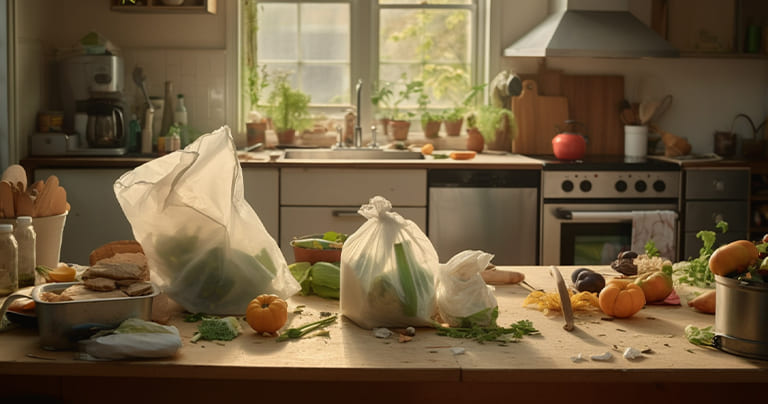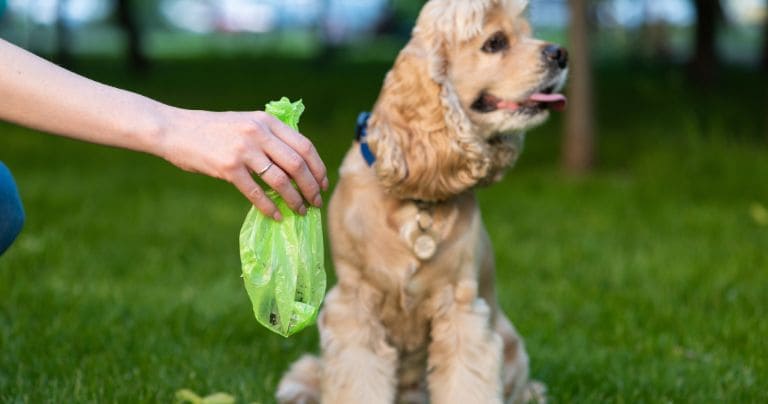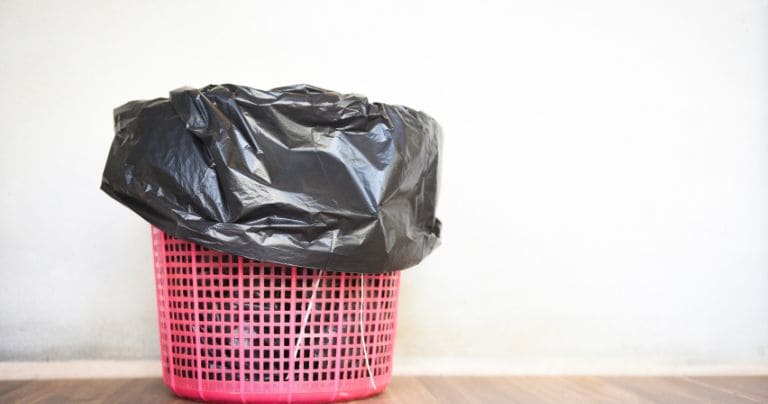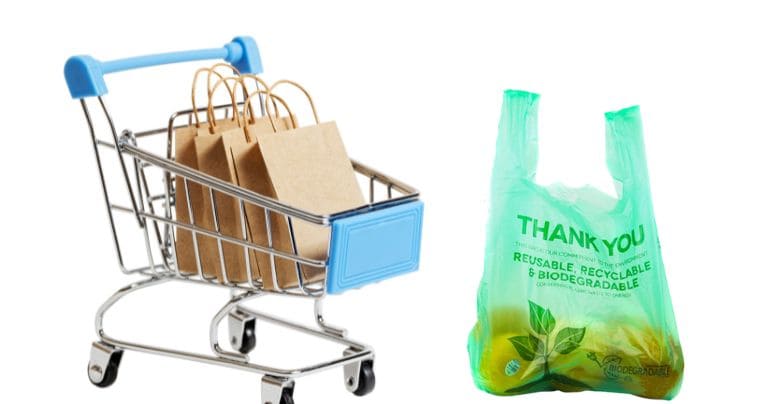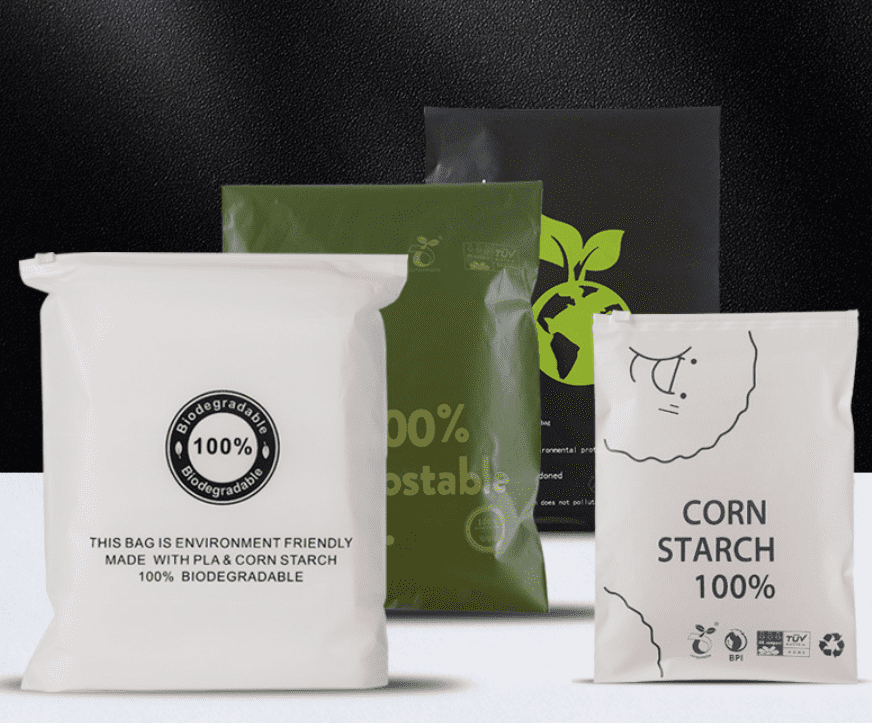Table of Contents
Ah, the age-old debate: compostable vs. biodegradable trash bags. You’re probably wondering, “Why should I care?” Well, if you’re in the business of saving the planet while also saving some bucks, listen up.
Alright, let’s cut to the chase. The real difference between compostable and biodegradable bags boils down to materials. Compostable trash bags are the eco-champs, made from 100% compostable elements like PBAT, PLA, and Plant Starch. Zero plastic. Biodegradable trash bags? They’re the posers, containing at least 60% plastic.
So, grab a cup of coffee—or a glass of whiskey, I won’t judge—and let’s dive into the nitty-gritty of trash bags, shall we?
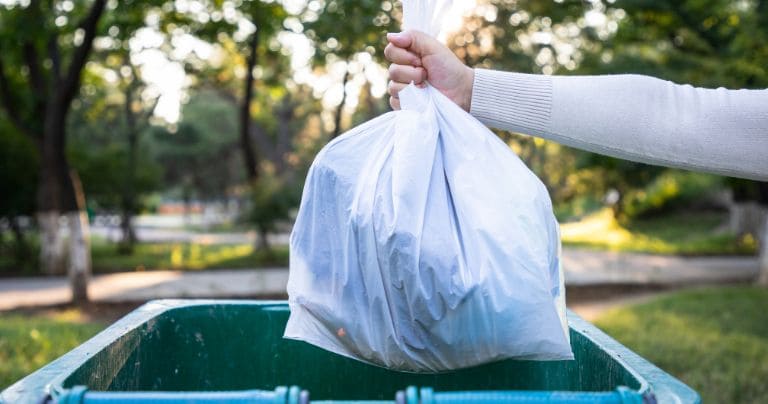
What Does “Compostable” Really Mean?
Ah, the term “compostable.” It’s like the “organic” label of the waste management world—everyone wants a piece of it. But what does it truly mean to be compostable? Let’s get into the weeds, shall we?
First off, let’s talk about compostable bags, the eco-superheroes in the realm of trash bags. These bags are made from 100% compostable material, including a delightful cocktail of PBAT, PLA, and Plant Starch. No, those aren’t the latest hipster band names; they’re the materials that make these bags the real deal in compostability.
Now, here’s where it gets juicy: these bags will naturally decompose after being buried in the soil for about 180 days. That’s right, in about six months, these bags turn into carbon dioxide, water, and nutrients that promote plant growth. It’s like the Circle of Life, but for trash bags.
But hold your horses! Not all compostable bags are as virtuous as they claim. Some bags out there are like that guy at the bar who says he’s single but is actually in a “complicated” relationship. They claim to be compostable but contain plastic ingredients. That’s like saying you’re a vegetarian but sneaking in a chicken nugget when no one’s looking.
So, when you’re sourcing compostable trash bags, especially for your business, make sure they’re made of PBAT, PLA, and Plant Starch. These materials ensure that the bag will break down into elements that are not just harmless but actually beneficial to the environment.
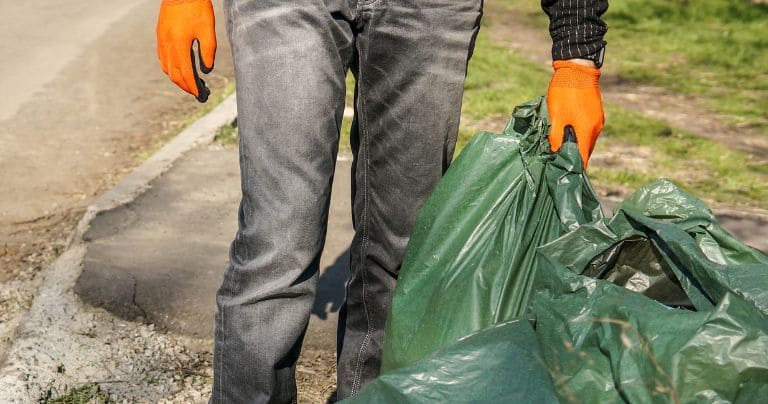
And What About “Biodegradable”?
Biodegradable trash bags, the charmers of the eco-friendly bag world. They whisper sweet nothings like “I’ll break down, I promise,” but let’s be real—their promises are as vague as a politician’s campaign slogan. According to the actual factories sources, biodegradable bags contain at least 60% plastic components. That’s right, 60%!
Now, here’s the rub: while they may partially break down, they don’t go the full distance. Imagine running a marathon and stopping at mile 20; you’ve made some progress, but you haven’t crossed the finish line. These bags might break down to some extent, but they leave behind microplastics that can take years, even decades, to fully decompose. So, while they might seem like the eco-friendly choice at first glance, they’re really just eco-teasers.
It’s like that guy who promises to call after a date but never does. Sure, he made the initial effort, but when it comes to long-term commitment, he’s nowhere to be found. Similarly, biodegradable bags make a promising start by breaking down partially, but they leave you—and the environment—hanging for the long haul.
So, if you’re in the business of making eco-conscious choices, don’t be fooled by the smooth talk of biodegradable bags. They’re not the real deal, and they’re certainly not doing your business or the planet any favors.
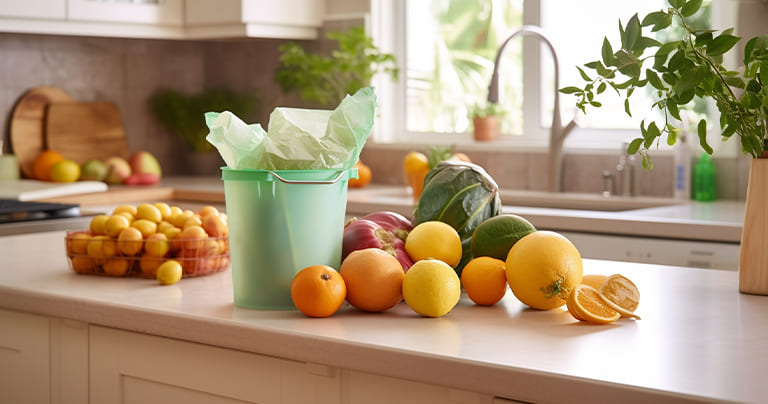
So, Which One is Better for Business?
It’s the million-dollar question—or should I say, the question that could save your business a million dollars. If you’re a procurement officer like yours truly, you’re always eyeing that bottom line. Compostable trash bags might have a higher upfront cost, but they’re the gift that keeps on giving. They offer long-term benefits like positive brand image and fewer regulatory hurdles.
On the other hand, biodegradable trash bags may seem like a bargain at first. But beware, my friends, they come with hidden costs. Think potential fines for false eco-claims or the PR nightmare of being exposed as an eco-fraud. It’s like buying a used car that looks shiny but breaks down every month—you end up shelling out more in repairs and towing fees than you would’ve on a reliable vehicle.
So, for the savvy business owner, compostable garbage bags are the clear winner. They’re the Tesla of trash bags—sleek, efficient, and genuinely eco-friendly.

What About Custom Branding?
Branding—the cologne of the business world. It’s what makes you memorable, for better or worse. Now, if you’re looking to imprint your logo on something, why not make it a statement piece? Compostable garbage bags offer a unique canvas for your brand. Imagine your logo emblazoned on a bag that’s not just functional but also a knight in shining armor for Mother Earth.
But let’s talk about biodegradable waste bags. Sure, they can be customized too, but let’s be honest, they’re the flaky ex of the eco-world. They promise to change but never do. Do you really want your brand’s reputation hitched to that wagon? It’s like dating someone who’s great at parties but can’t hold down a job—fun for a night, but not a long-term prospect.
How Do They Impact the Supply Chain?
The supply chain—the backbone of any business, or as I like to call it, the conveyor belt to success. Now, if you’re in the market for compostable bags, you’re in luck. These eco-gems are generally easier to source and come with fewer strings attached, like that low-maintenance friend who’s always up for a beer.
Biodegradable bags, however, are the divas of the supply chain. Different countries have different regulations, and navigating that maze can be a logistical nightmare. It’s like planning a world tour for a rock band that insists on having only green M&Ms in their dressing room. You’ll spend more time on paperwork and less on actually running your business. So, unless you enjoy bureaucratic hurdles as a form of cardio, stick with compostable bags.

Are There Any Regulatory Concerns?
Regulations—the brussels sprouts of the business menu. Not everyone’s favorite, but you can’t ignore them. Now, compostable waste bags usually waltz through the regulatory dance floor. They’re made from natural materials, so they face fewer hurdles, like that straight-A student who’s also a star athlete.
Biodegradable bags, however, are a regulatory quagmire. Some countries have even given them the boot due to their misleading eco-claims. It’s like dating someone with a complicated relationship status on Facebook; you never know what you’re getting into. Proceed with caution, my friends.
Conclusion
So there you have it. Compostable and biodegradable bags each have their pros and cons, but when it comes to being truly eco-friendly and business-savvy, compostable bags take the cake. Choose wisely, my friends.
That’s it, folks. Now go make some eco-conscious decisions, will ya?
